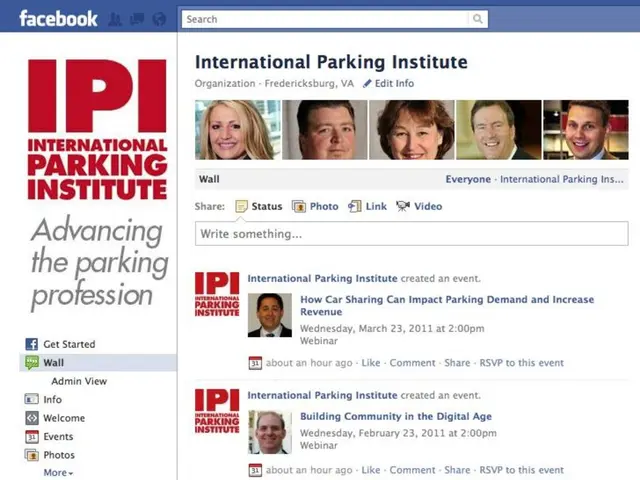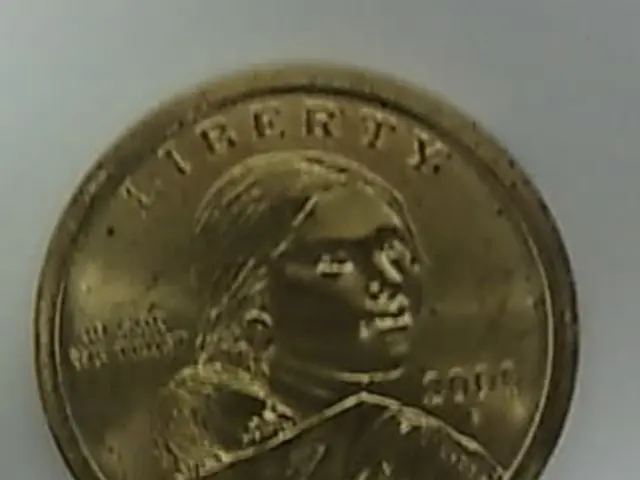The Federal Reserve reduced interest rates. Here's how you can take advantage of this interest rate reduction for your finances
In the world of finance, interest rates play a crucial role in shaping the financial landscape. Here's a roundup of some key developments and insights regarding various interest rates as of Wednesday.
Money market funds, known for their low-risk nature, offer variable interest rates that, as of Tuesday, were yielding a 7-day average of 4.19% for the Vanguard Federal Money Market Index. Meanwhile, the average interest rate on Treasury bills ranged from 3.61% for the 18-month T-bill to 3.96% for the three-month.
For those seeking a higher fixed rate for a given period, a no-penalty CD could be a viable option. This type of account allows you to lock down your rate without penalizing you if you choose to withdraw money before the CD matures. The average rate on brokered CDs with durations of between three months and five years were largely between 3.75% and 4% on Schwab.com.
The Federal Reserve Open Market Committee recently cut the central bank's key overnight lending rate by a quarter of a percentage point, marking the first cut in nine months. This decision was influenced by a softening labor market and "somewhat elevated" inflation, with the inflation rate still above the Fed's 2% target rate and rising.
In the auto loan market, the average rate for new car loans in August was 7%, while used car loans averaged 10.7%. It's worth noting that lower APR promotions on auto loans are often limited to shorter terms, which may not ease affordability for buyers who depend on longer loan terms to keep monthly payments manageable.
In the realm of mortgages, the average 30-year fixed mortgage rate has fallen to 6.35%, but is still higher than the 6.20% registered a year earlier. Mortgage rates don't move in direct response to the Fed's rate decisions, but are influenced by the 10-year Treasury yield.
High-yield bank savings accounts and certificates of deposit offer the best returns for savers, according to financial expert Ken Tumin. The overall average rate on a high-yield savings account was 0.61% as of Wednesday, but the best deals can be found at online banks, with many offering rates ranging from 3.5% to 4.35%.
For those looking for higher returns on their savings, "add-on" CDs and brokered CDs could be attractive options. An add-on CD allows you to lock in a rate when you invest your money and add more money to it during that term and still get the same rate on your new deposits. A brokered CD offers you the best rates to choose from nationally and can be sold on the secondary market if needed before maturity.
Future Fed cuts this year are expected, with investors anticipating one or two more from the Fed's October and December meetings. However, the effects on inflation of the federal government's tariffs remain uncertain.
In Germany, the highest interest rates on high-yield savings accounts currently reach up to about 3.11% per annum, with some fixed-term deposits (Festgeld) offering up to 3.20% per annum depending on the bank and term length.
Lastly, for those looking to manage their credit card debt, zero-rate balance transfer cards can buy up to 24 months to pay off remaining balance interest-free. Two of the best no-penalty CDs found this week are a seven-month, 4% no-penalty CD from Marcus by Goldman Sachs Bank and a 13-month, 4.05% CD from M.Y. Safra Bank.




